I had never been to Venice, for a very specific reason. Thirty years earlier, I had been a very young man living in Lisbon. At the time, I was dating an (older) Portuguese woman, who had traveled more than I had. One day she and I got to talking about the places we would like to go. I said that I dreamt of visiting Venice. And I will never forget her reply: “Yes, I want to go to Venice, too... but I want to go with someone special.”
It may not surprise you that my relationship with that woman didn’t last very long. And perhaps you can even understand the almost superstitious reluctance that developed in the recesses of my mind with regard to Venice. Now, thirty years later in 2021, I was sitting in the apartment of my Slovenian girlfriend, Liza, looking out over the rooftops of Stockholm, trying to explain why, for a period of three decades, I had never mustered the courage to visit Venice.
Liza decided in that moment that Venice was where we would spend my birthday. Looking back on it, I realize that this was a decision that changed our lives.
We had been together for less than a year, and the pandemic had been winding down. We were hungry to travel, and Liza, an inveterate traveler who knew Venice very well, having grown up a stone’s throw away in Ljubljana, immediately took charge. She planned a six-day trip during a week in October that conveniently contained both a lull in my teaching and my birthday.
The trip to Venice was glorious. (I am liberally illustrating this piece with pictures from it.) We admired the canals and the medieval mansions, we spent time with Carpaccio and Bellini (not the food and not the drink), we ate cicchetti—the Venetian equivalent of Basque pintxos—and drank the light, festive wines of Veneto and Friuli. And above all, we walked and walked. We took boats to the other islands and explored every neighborhood we could find. We learned that you actually can escape the tourists in Venice, if you simply exit the beaten path.

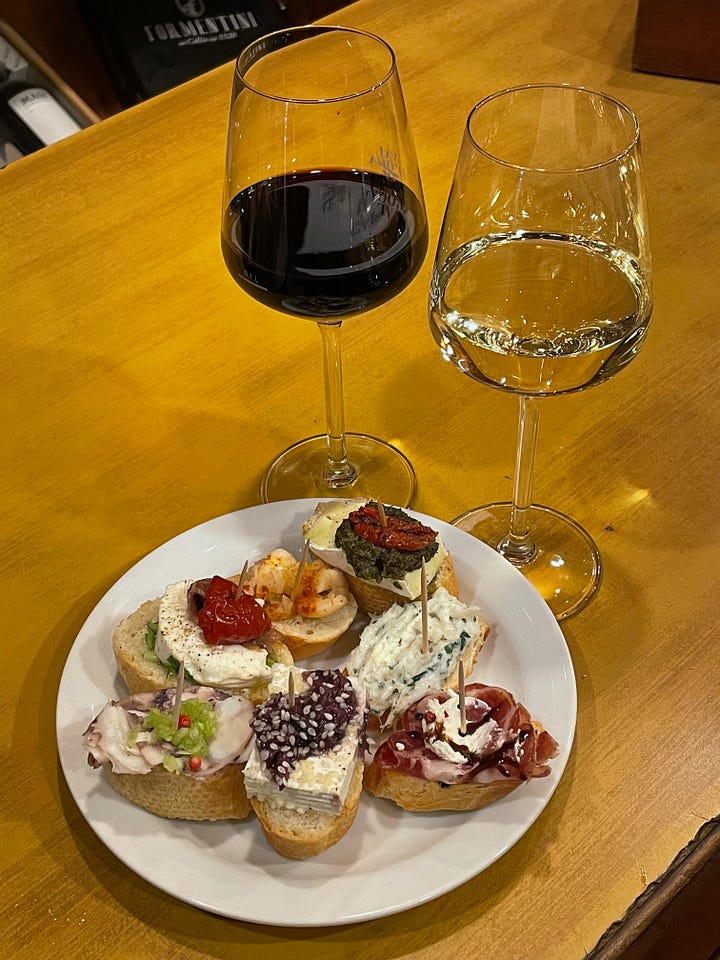
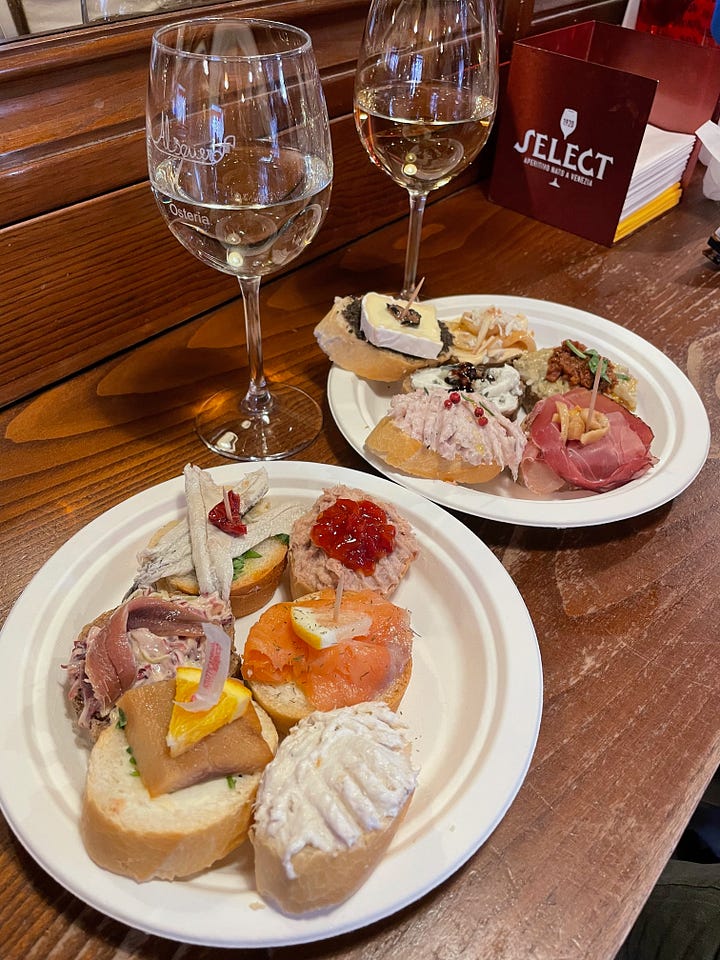
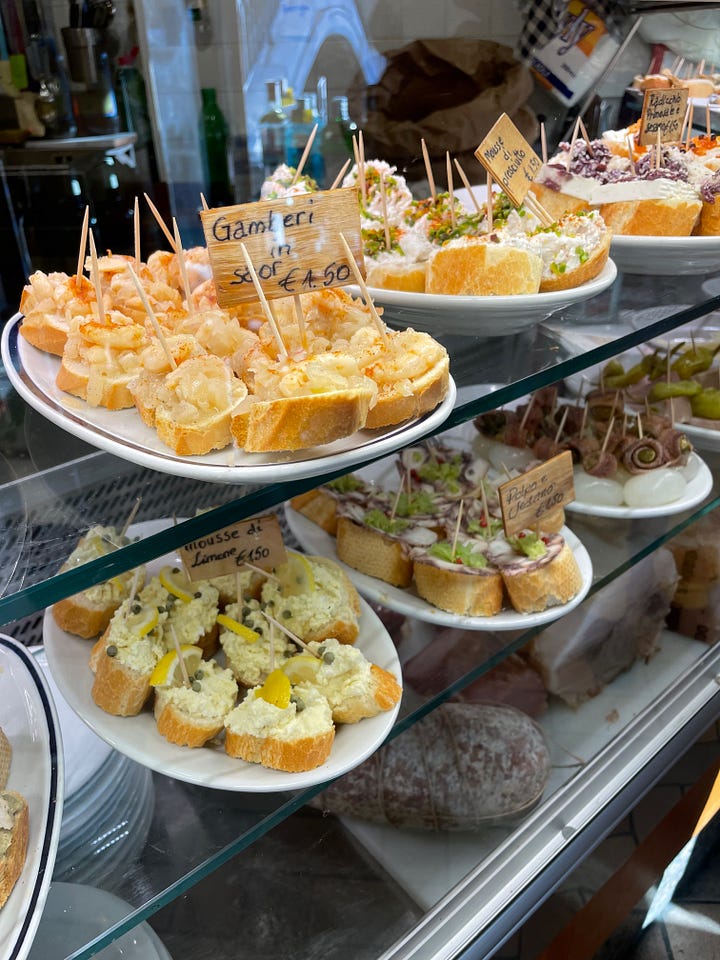
And one day, towards the end of our stay, I said to Liza, “Why can’t we live in a place like this?” I had lived in southern Europe in the past, so I knew how much I enjoyed the lifestyle, but at this point, I had been in Sweden for over ten years, enduring the high cost of living and the low salaries, enduring the long-haul winters and the eye-blink summers, enduring the social custom of avoiding other humans as much as humanly possible... and telling myself that it was all worth it for the security and the “quality of life” that I had.
But suddenly, I realized that I had no truly compelling reason to stay in Sweden. It was not my homeland. I was no longer married to a Swede, and I had no children there. I had a permanent job, but was it one that I wanted? I had a certain amount of status, but what did that mean to me? I realized that I was now together with a woman who had been living in Sweden for under two years, and would probably not mind leaving. This got me thinking.
When we returned to the dead, gray skies, the skeletal trees, and the biting wind of pre-snow Sweden, I resumed my duties at the university, but there was a buzzing in the back of my head. Something was waiting to be triggered.
On January 11, 2022, I had a meeting with my head of department about all of the things that I was unhappy with. The only notes I have from that meeting consist of a one-line list: “To do: Quit my job”. And then, four days later, Liza put a clipping on the table.
Liza was a faithful reader of the weekend edition of the Financial Times, or FT, which I liked to refer to as the Fascist Times. But despite my resistance, she would clip out articles that she thought might interest me. I would frequently find these pale, pink-orange rectangles lying on the table. (Are they orange, or are they pink? I struggle with this more than is reasonable.)
And four days after I wrote “Quit my job”, what I found on the table was an article about two people—one in Spain, and one in Portugal—who had purchased old, dilapidated farms and turned them into high-end ecotourism destinations. I read this with interest, and I started to think. Here is what I wrote in my journal about my experience of reading that clipping:
I read it late in the evening, and something clicked in my brain. I started talking to Liza about how we could buy a farmhouse in southern Europe and turn it into our own little paradise. It was late, and she wanted to sleep, but I was too excited. I remember coming into the bedroom from the bathroom and saying “Imagine a Venn diagram...” and then laughing and saying, “You know you’re not about to sleep when your boyfriend walks in and says ‘Imagine a Venn diagram...’”. She laughed heartily and said she loved me.
I asked Liza whether she would consider leaving Sweden with me. She said yes without hesitating. I said to her, “If you could live anywhere in the world, where would you live?” I held my breath, keenly aware that I was talking to an anthropologist who had spent fifteen years living in Sub-Saharan Africa. To my delight, she said, “Southern Europe”. Gleefully, I said, “You mean, like Portugal or Spain?” And she replied, “No, more like Italy or France.”
Ah. OK. This I could work with.
Over the next few days, we narrowed it down. We eliminated France, as we realized that the parts of France we were most interested in were too expensive, and too full of foreigners already. Plus, we didn’t want to have to deal with the increasing anti-immigrant sentiment that was fueling the rise of Marine Le Pen and her extreme-right party. I definitely do like France, but honestly, it has never felt like home to me.
We also eliminated Slovenia, for different reasons. Liza, having lived in several different countries, was not keen to return to her minuscule homeland. Also, she was cognizant of what a terrible position I would be left in if we were to move there and then split up. I didn’t know a soul in the country, and while I already spoke Spanish, Portuguese, French and (some) Italian, I knew only scattered words of Slovene, mostly the names of different kinds of trees. In fact, we eliminated the entirety of the Balkan Peninsula.
That left us with three countries: Portugal, Spain, and Italy. We were unequally interested in these countries, and had uneven amounts of experience with them: I knew Spain and Portugal well, and Italy much less well. She knew Italy best, Spain not so well, and Portugal only slightly. We agreed that we wanted to make our decision carefully, and so we conceived a plan—a plan that we knew many people would see as crazy.
We decided to spend a year living in these three countries—three months in each, plus ancillary travel—and then decide where to settle down. We would leave in October. That gave us nine months to prepare.
This set in motion a cascade of changes in our lives. We were both somewhat tired of our jobs—and in fact our careers—so we both started to engage in some serious work on reconfiguring our lives. Liza threw herself into coaching, and I hired another coach to help me figure out what my future professional life could look like. It was an incredibly exciting time for us.
In March, I announced to my head of department that I was resigning. I then went around and told each of my colleagues individually. I have written about that experience in detail in the essay “How Dare You Change Your Life”, where I also describe the epiphany I had about how to approach what other people think of my decisions. By the time I handed in my official resignation in late April, I was at peace with my decision to abandon my academic career.
At the end of the academic term, my colleagues threw a farewell party for me—organized by two dear friends, a Brit and an American—which involved not only drinking and dancing and speeches, but also me being blindfolded, stuffed into a cargo bike and driven around by a lunatic (my American friend) so that I would not be sure where I was being taken. Oh, and an actual cream pie in the face (courtesy of the British friend). In truth, I felt loved, if a bit sticky.
And then the summer came. I spent the first half trying to divest myself of as many possessions as possible, and the second half moving into Liza’s flat (which was much bigger) in preparation for our departure in October. When autumn came, we arranged to have most of our possessions shipped to Slovenia and put in storage. We bought a car (now made famous by the essay “Let’s register our car in Portugal! How hard can it be?”) that was big enough to fit all our remaining possessions—everything that we would need for a year, plus my pet turtle, one begonia, and my sourdough starter. That was the family.
Liza resigned from her job. We said goodbye to our friends. We sold things to strangers. We packed. We planned. And on a rainy day in October, we filled our car with everything we had left, and we departed. That moment was both an ending and a beginning.
Epilogue: As you may have heard, I am considering writing a long, serialized account (for paid subscribers) of my year of travel with Liza and Stjärna the turtle, including our ultimate decision to settle in Lisbon. But I have not yet decided. If you have thoughts on the matter, feel free to let me know. Thanks!


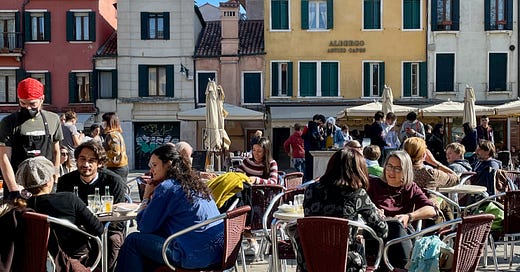


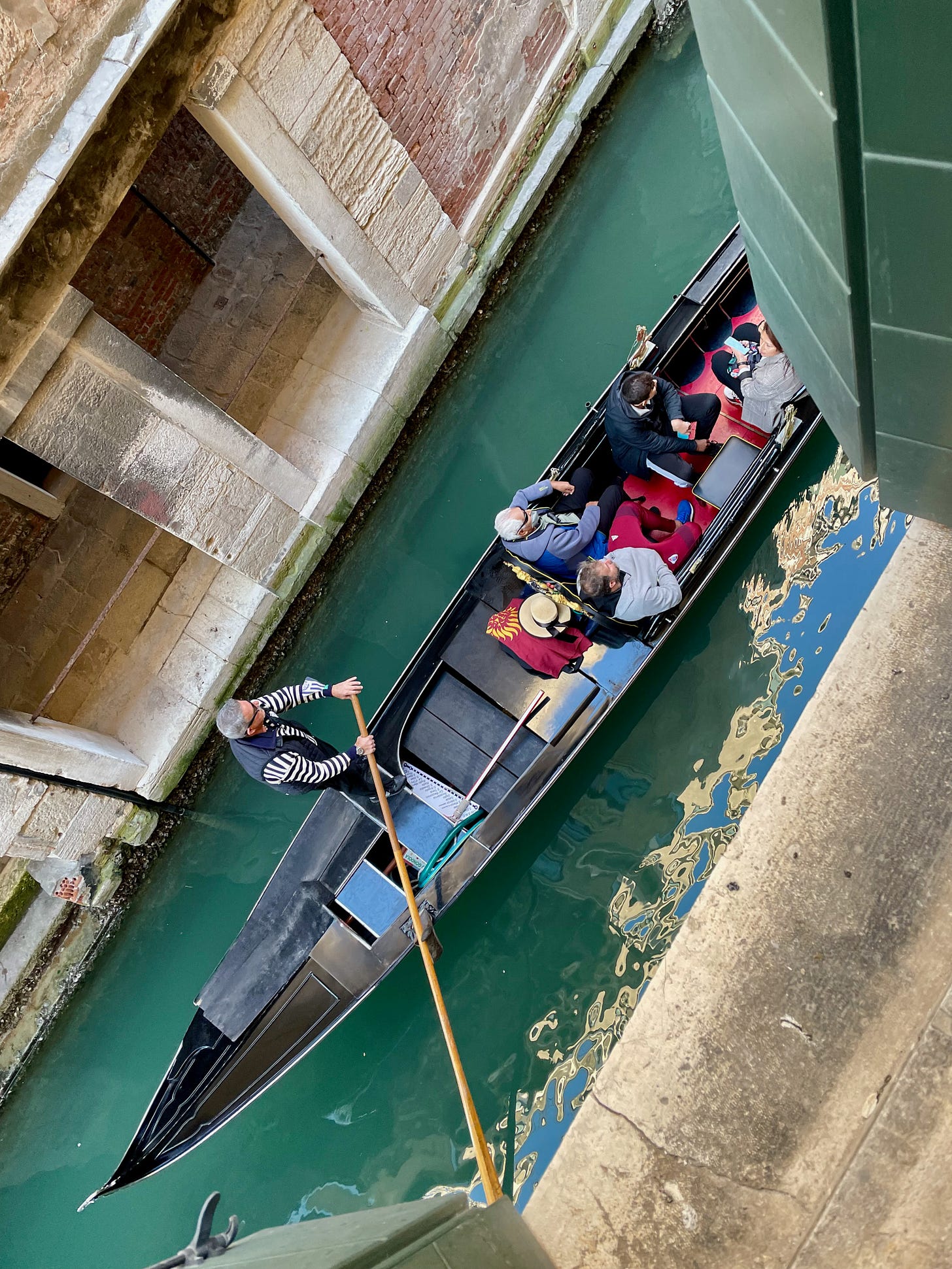

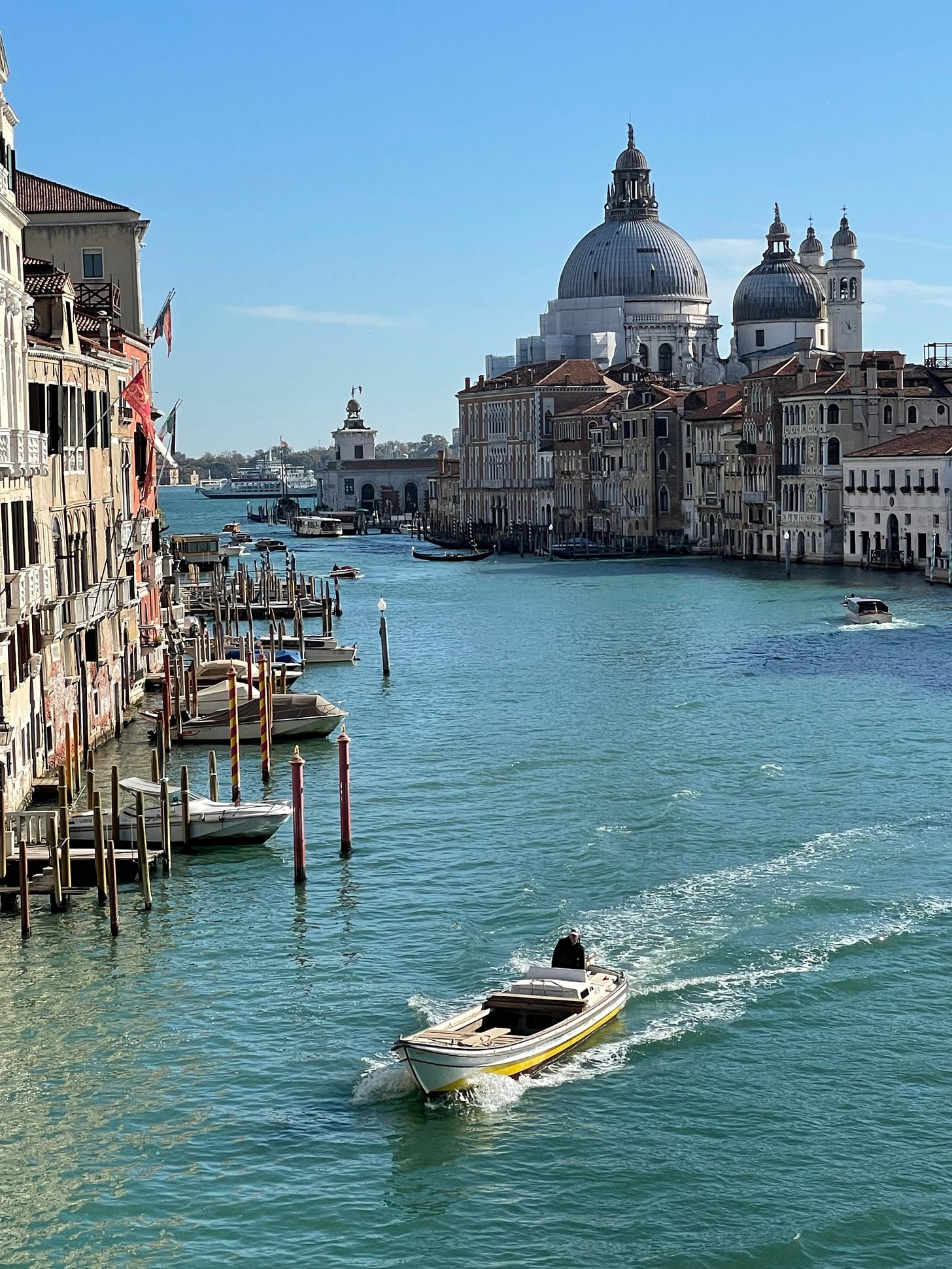
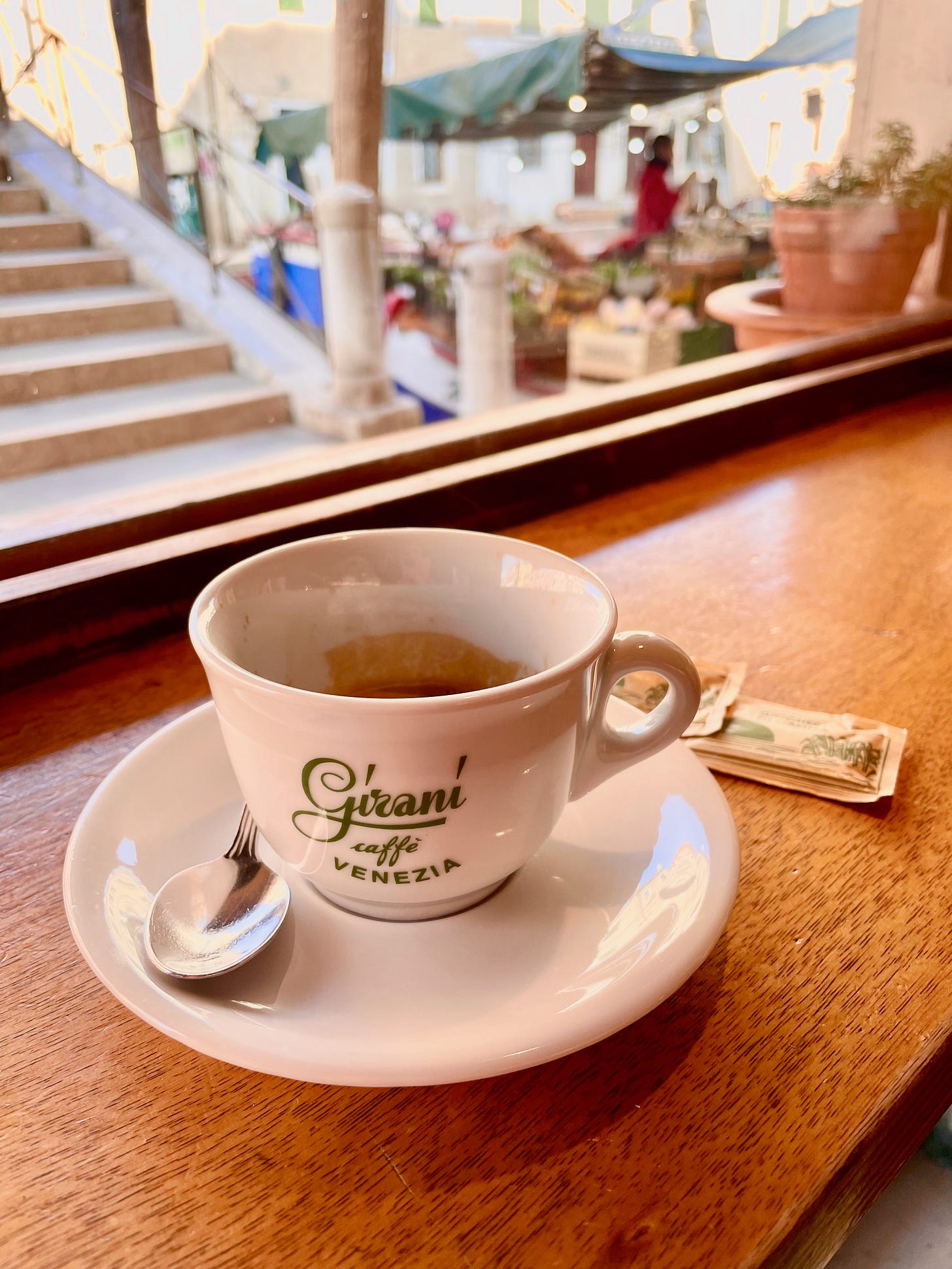
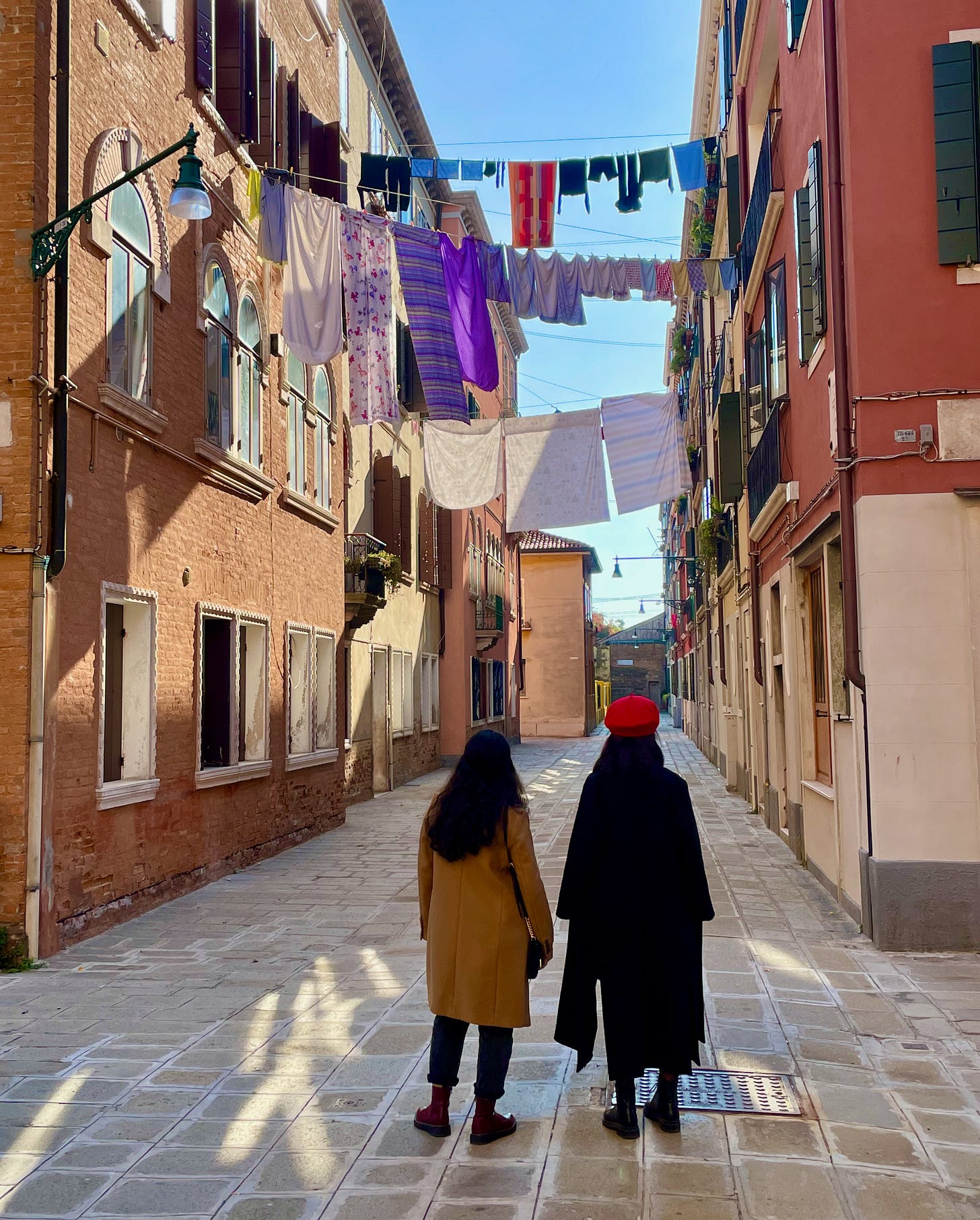
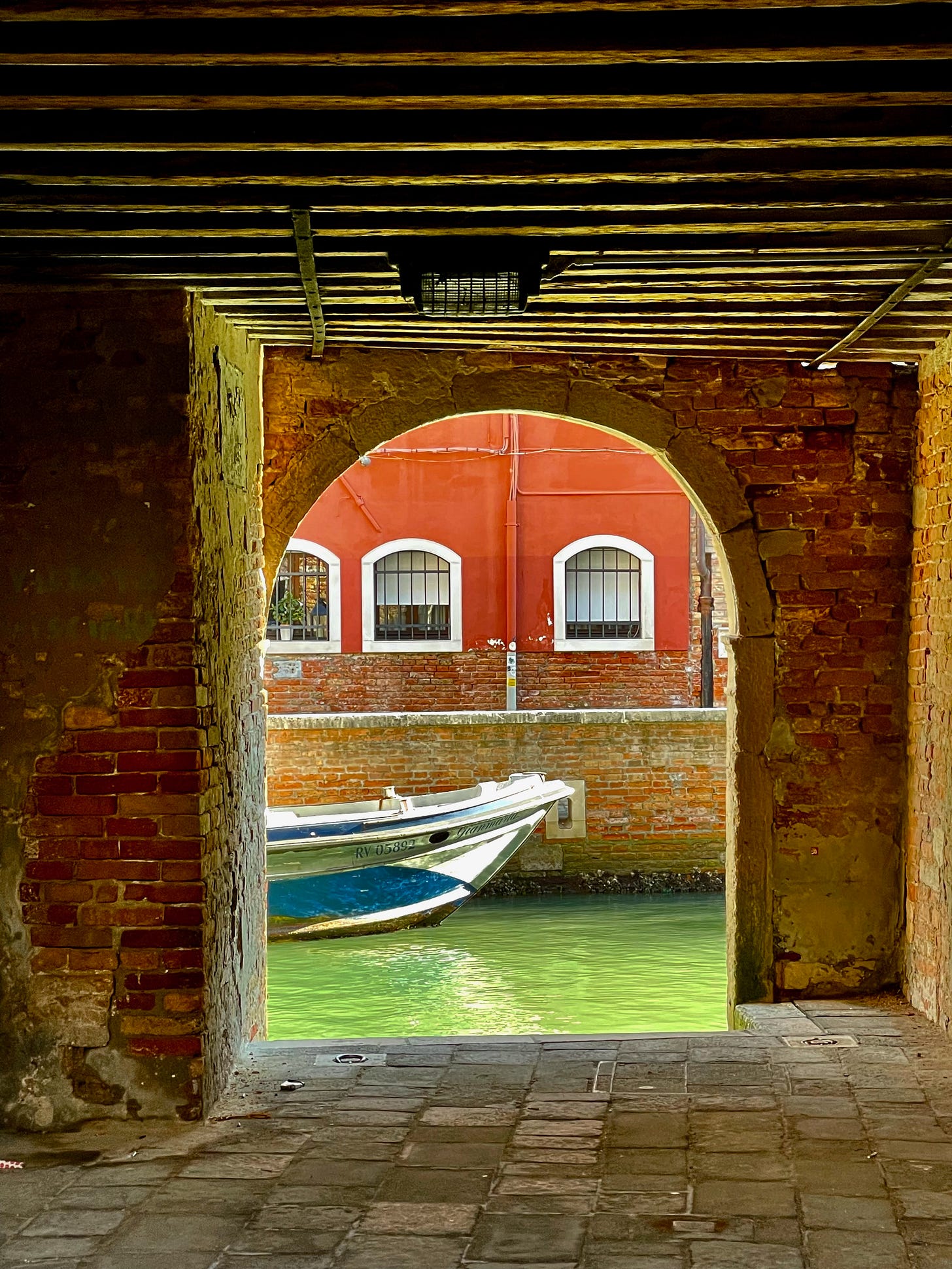
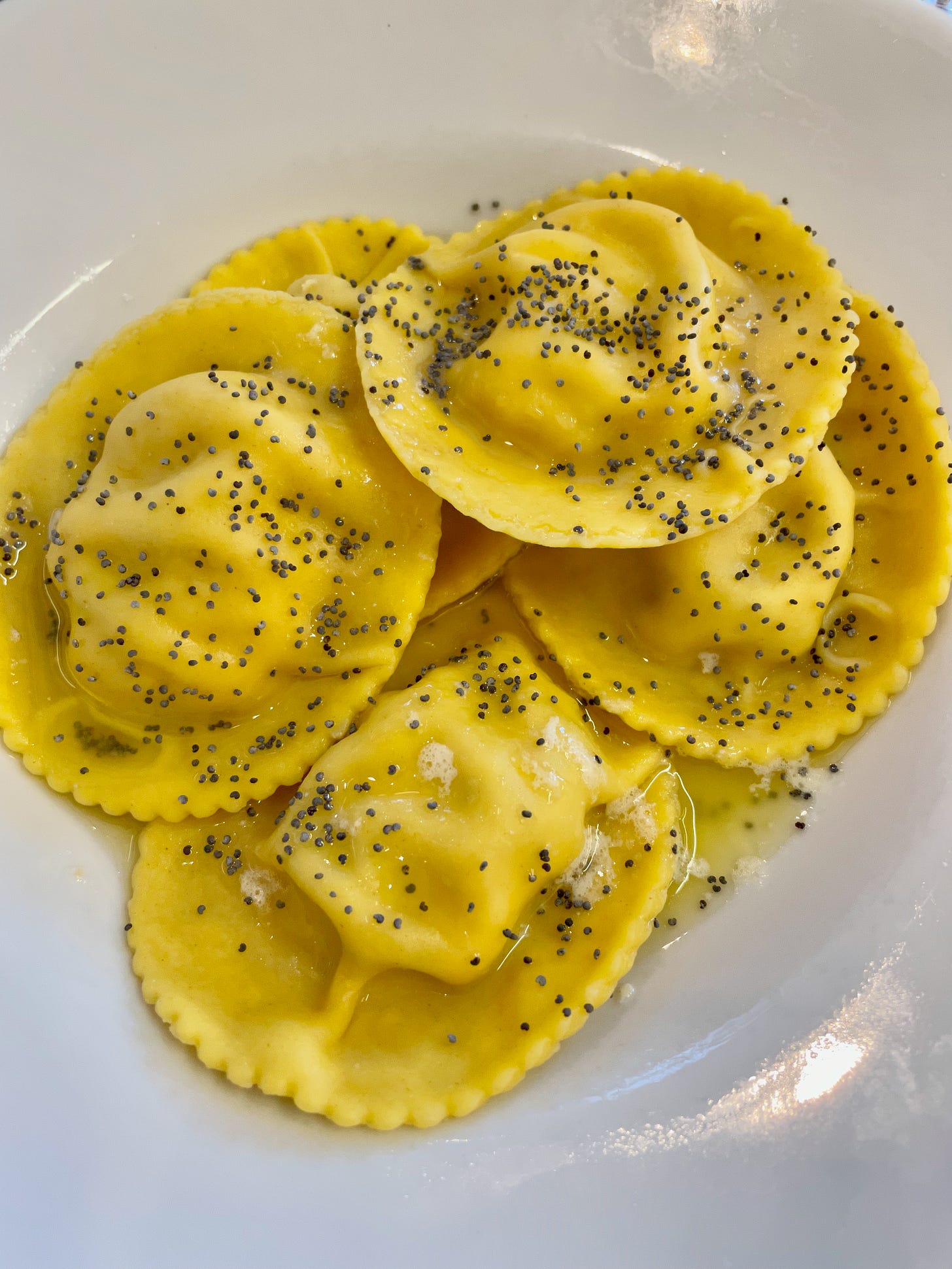
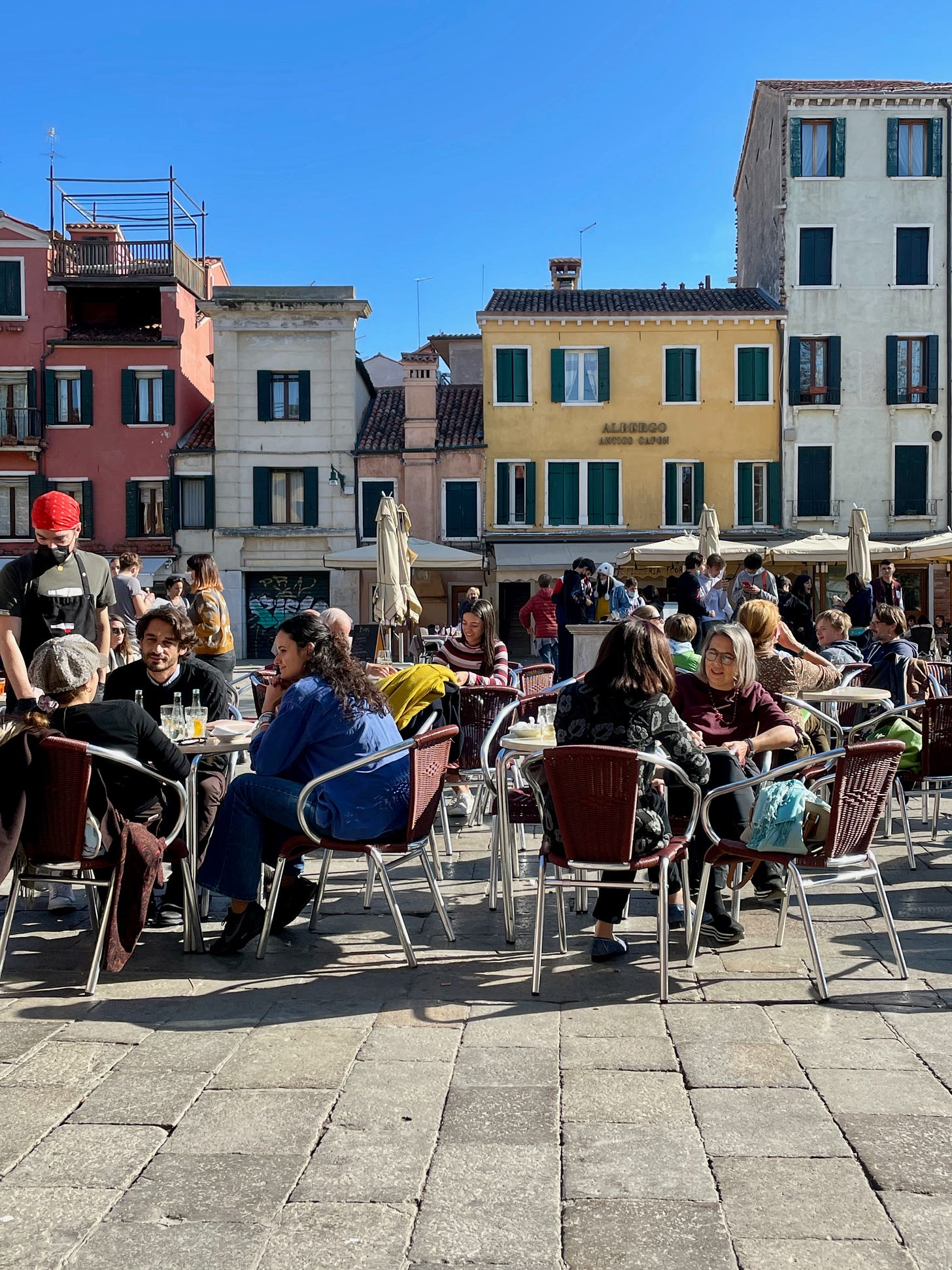


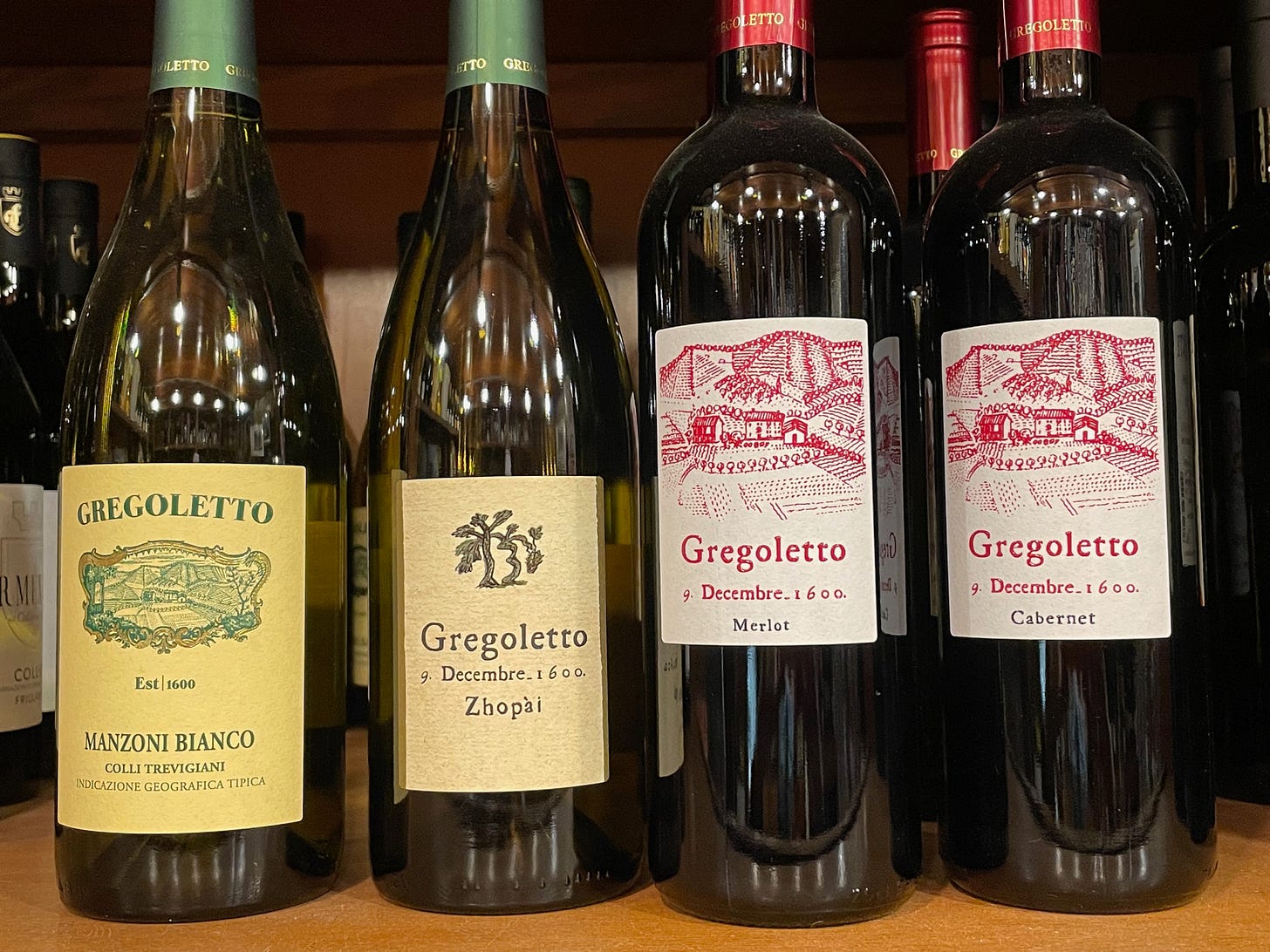
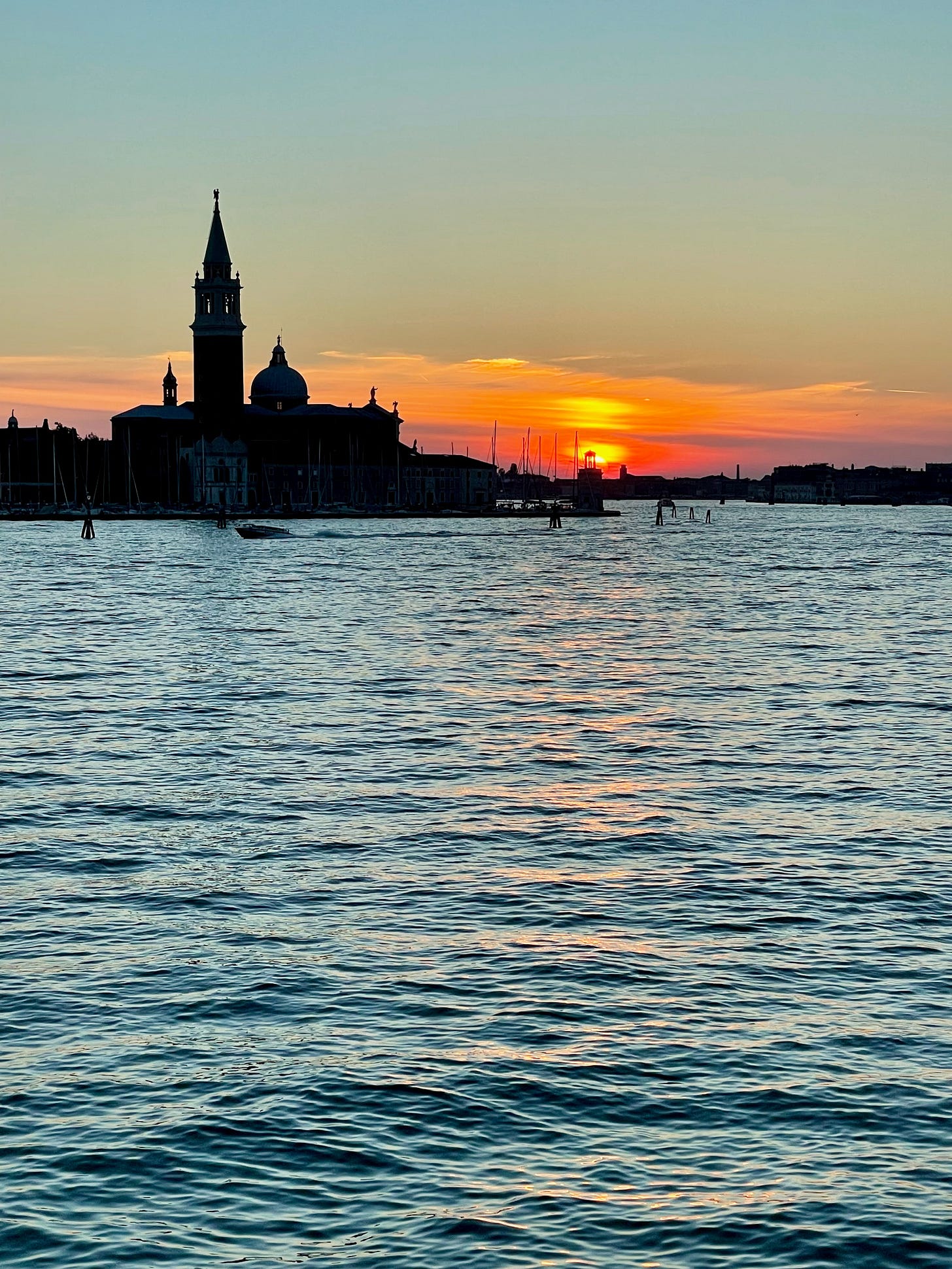
I would love to hear more about your epic year in three locations with Liza! Please write it! 😁🙏🏻
Love this.
My partner and I are reaching the age of early retirement and occasionally daydream about taking a similar path, of sorts. This is beautifully written and very inspiring. Keep going. I love your writing.